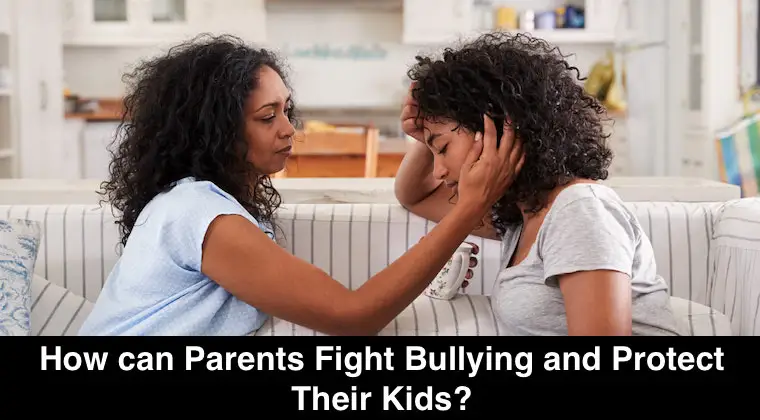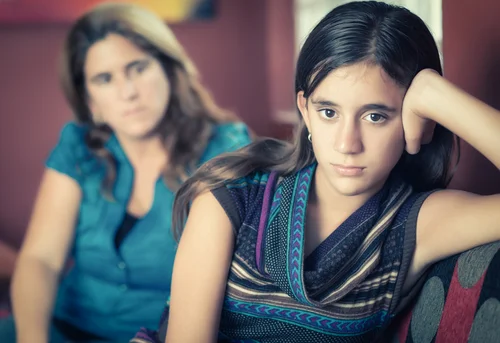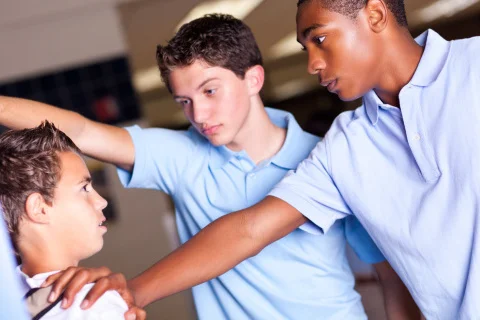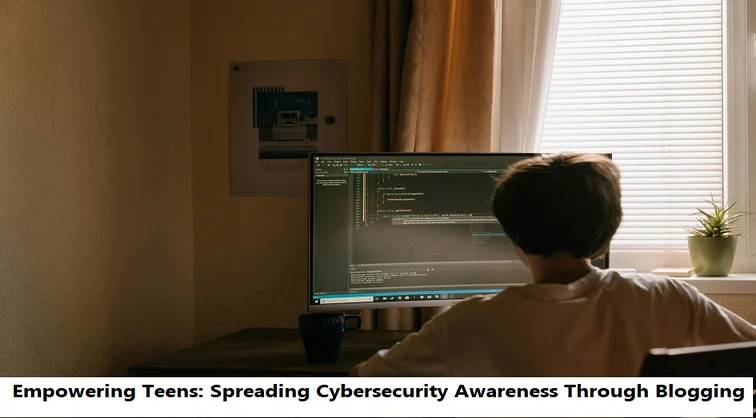+1 845 259 2974 (11 a.m to 7 p.m CST)
How can Parents Fight Bullying and Protect Their Kids?

Bullying is a serious issue that affects countless kids around the world. It can happen anywhere: in schools, parks, and even online. This behavior hurts children not just physically but also emotionally, leading to long-term issues like fear, anxiety, and low self-esteem. Kids who are bullied might dread going to school. They might feel lonely and struggle with their studies. Sometimes, the effects are so deep that they carry them into adulthood. This is where parents play a crucial role.
Parents are often the first to notice changes in their child's behavior or mood. By staying alert, parents can catch early signs of bullying. More importantly, they can act. Whether it's talking to their child, reaching out to the school, using parental controls, or getting professional help, parents have the power to make a difference. Their involvement is crucial in fighting bullying and protecting their kids, ensuring they grow up in a safe and supportive environment.
Recognizing the Signs of Bullying
Being a parent, you should notice even the smallest change in your kid. Here are some of the signs to look in to if you are afraid that your child might be the victim:
Physical Signs
One clear indicator of bullying is when a child comes home with injuries that they can't or won't explain. This might include bruises, cuts, or scrapes. Another red flag is their belongings getting damaged or going missing. These physical signs are often the easiest to spot but require parents to pay close attention to any unusual patterns or changes in their child's physical appearance and belongings.
Emotional Signs
The emotional impact of bullying can be significant and varies widely among kids. Some may become unusually fearful of attending school, showing a sudden reluctance or inventing excuses to stay home. Mood swings are another common sign, with children becoming easily upset, withdrawn, or more aggressive than usual. These changes might happen gradually, making it important for parents to stay observant and engaged in their child's emotional well-being.
Social Signs
Changes in a child's social life can also signal bullying. This might look like a sudden loss of friends or a noticeable avoidance of social situations they once enjoyed. Kids might isolate themselves, spend more time alone, or show disinterest in group activities. This withdrawal often reflects the child's struggle with social interactions at school or elsewhere, indicating possible bullying scenarios. Recognizing these signs early can help parents intervene and support their child effectively.
Strategies for Parents to Combat Bullying
Parents can play a crucial role in helping their children deal with bullying effectively. By equipping kids with the right tools and strategies, parents can empower them to stand up for themselves and navigate tough situations. Here are some practical ways parents can help:
- Teaching Kids How to Respond to Bullying: It's important to teach children how to respond calmly and assertively when faced with bullying. This can include saying "stop" confidently, walking away, and seeking help from an adult.
- Empowering Them with Confidence and Self-Esteem: Kids with high self-esteem are less likely to be bullied and more likely to stand up for themselves. Parents can boost their child's confidence by praising their efforts, encouraging their interests, and affirming their value regularly.
- Role-Playing Different Scenarios: Practicing responses to bullying through role-play can prepare children for real-life situations. It helps them feel more confident in their ability to handle bullying and understand the importance of reporting it to an adult.
- Open Communication: Creating a safe and open environment at home is key. It's where everything starts. When kids feel safe, they're more likely to talk about their day, including the good and the bad parts. This includes bullying. Parents should make it clear that they're always there to listen, without judgment. Ask questions about their day but keep it light and friendly. This way, children know they can share anything that's bothering them. Encouraging kids to talk about their experiences helps parents catch any issues early, like bullying, and take steps to help their child navigate these challenges.
How can Parental Control App help?
Parental control apps can be a useful tool in the fight against bullying by offering parents a way to monitor their children's online interactions and protect them from potential harm. Here's how these apps can help:
- Monitoring Online Activities: Parental control apps allow parents to see who their children are communicating with online and the nature of those conversations. This can help identify if their child is being bullied or is engaging in bullying behavior.
- Limiting Exposure: These apps can restrict access to certain apps or websites that might be harmful or where bullying is more likely to occur, reducing the risk of exposure to negative interactions.
- Setting Time Limits: By controlling how much time children spend online, parents can encourage more face-to-face interactions with peers, which can help build stronger, more positive relationships.
- Alerting Parents: Some parental control apps can alert parents if certain keywords that might indicate bullying are detected in their child's online communications.
- Teaching Responsible Online Behavior: By setting boundaries and monitoring online behavior, parents can teach their children about responsible internet use and the importance of being kind and respectful to others, both online and offline.
While parental control apps can be a part of the solution, they should be used thoughtfully and to open conversations about online safety and bullying, rather than solely as a surveillance tool. It's important for parents to discuss the use of these apps with their children, ensuring they understand the reasons behind their use and feel supported, not spied on.
Seeking Professional Help
Sometimes, additional support is needed:
- When to Consult a Counselor or Psychologist: Seek help if your child shows ongoing signs of distress, such as anxiety, depression, or reluctance to go to school.
- Benefits of Professional Guidance for the Child and Family: A professional can offer strategies to cope with bullying, improve self-esteem, and strengthen family communication.
Prevention Tips for Parents
Preventing bullying starts at home:
- Educating Kids About Bullying's Effects: Talk to your children about how bullying affects everyone involved and why it's unacceptable.
- Promoting Kindness and Inclusivity from a Young Age: Encourage empathy and understanding. Teach your kids to celebrate differences and to stand up for others.
Addressing bullying is a multifaceted approach that requires vigilance, communication, and action from both parents and schools. Recognizing the signs, fostering open communication, and engaging with educational institutions are crucial steps. Introducing parental control apps adds an additional layer of protection, enabling parents to monitor their children's online interactions and intervene when necessary.
These tools, combined with teaching children about kindness, respect, and the impact of their actions, equip families with the resources to combat bullying effectively. Ultimately, creating a safe, supportive, and inclusive environment for our children requires cooperation, understanding, and the strategic use of technology. By working together and utilizing available tools, we can strive to protect our children from bullying and nurture a generation that values empathy and inclusivity





















